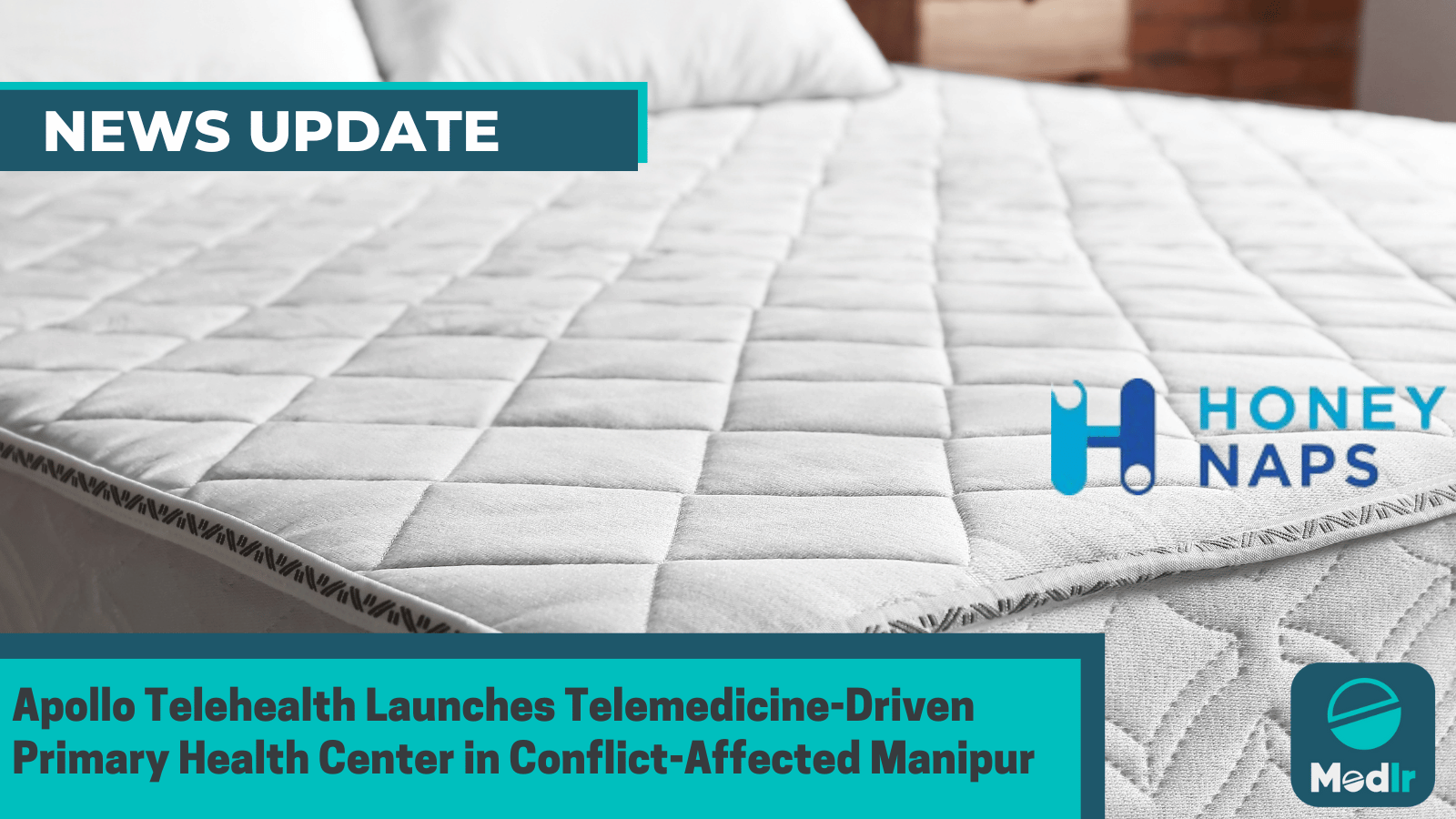HoneyNaps raises $11.6 million in Series B funding round
Written by Sirish Dixit
HoneyNaps is expanding its U.S. presence, leveraging its FDA-approved AI sleep diagnostic tool, SOMNUM. With the sleep tech market set to grow significantly, the company aims to apply its AI to conditions like cardiovascular disease and dementia.

According to a press statement, the new funds will strengthen HoneyNaps' presence in the United States market. The current sleep technology sector in the U.S. is valued at $9 billion and is projected to grow to $39 billion by 2033. This growth is driven by increasing awareness of sleep health and integrating sleep technology devices into healthcare systems. HoneyNaps is already active in the U.S., operating from its Boston office.
Last year, HoneyNaps received approval from the U.S. Food and Drug Administration for its flagship product, SOMNUM. This software uses AI to analyse bio-signal data collected during sleep and provide a disease diagnosis within five minutes.
A recent statement from a HoneyNaps finance official revealed plans to expand the application of their AI to other medical conditions, "such as cardiovascular disease, dementia, and Parkinson's disease."
Since its founding in 2015, HoneyNaps has raised $16.2 million in investment.
In 2022, Australian company ResApp received the U.S. FDA's 510(k) clearance for its mobile sleep apnea screening application, SleepCheckRx. This prescription-only mobile software served as an at-home test for adults at risk of moderate to severe obstructive sleep apnea. However, the app is no longer marketed to the public following ResApp's acquisition by Pfizer.
Last year, two Japanese companies, Four H and Aculys Pharma, began collaborating to use AI and other analytical methods to better understand sleep disorders, particularly narcolepsy and excessive daytime sleepiness associated with obstructive sleep apnea. They also aim to identify digital biomarkers of these disorders.